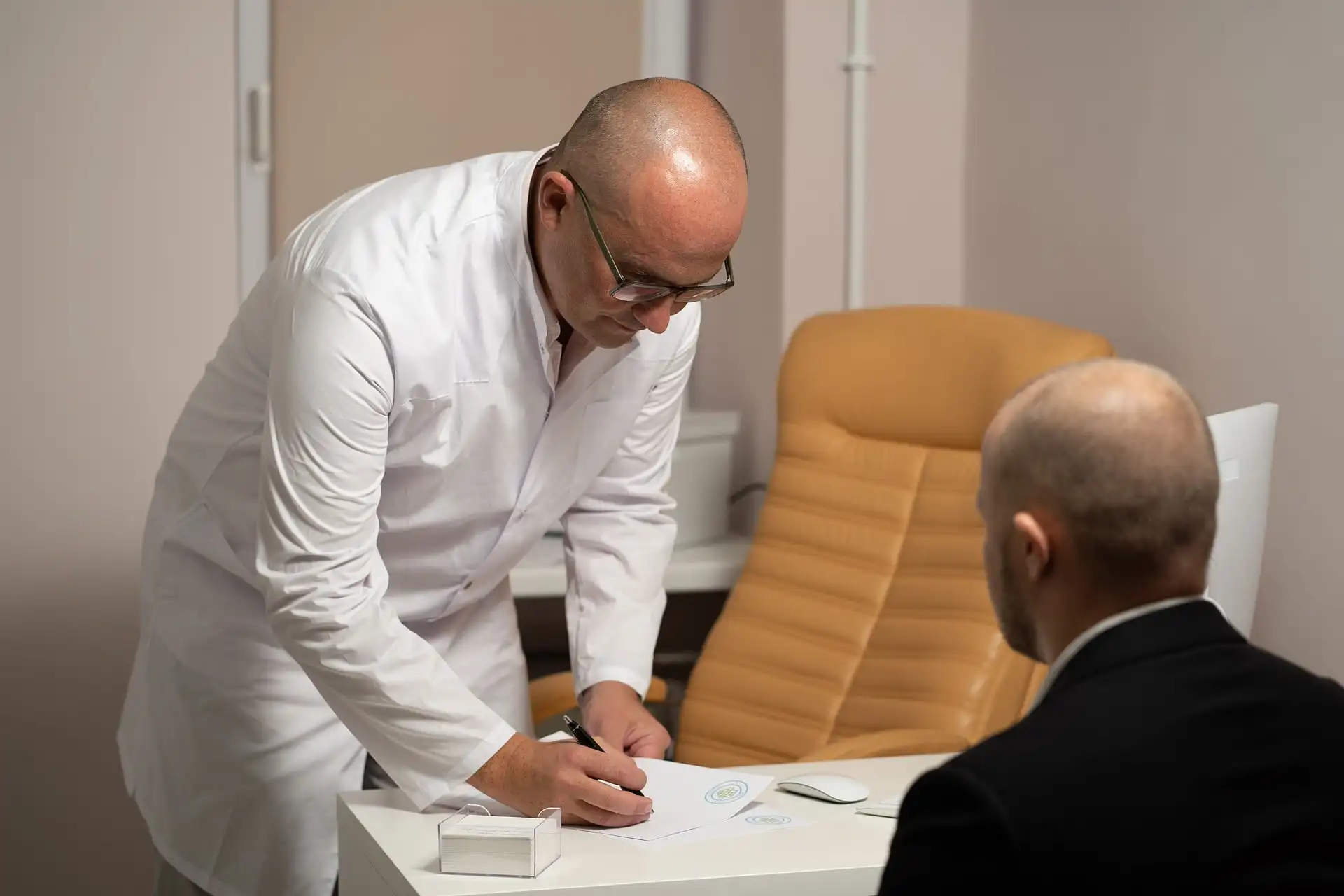Health Care Abuse in South Carolina: Protecting Vulnerable Patients

In the serene landscapes of South Carolina, where sweet tea and southern hospitality are synonymous with daily life, there exists a hidden issue that demands our attention – health care abuse. This isn’t a tale of rare occurrences; rather, it sheds light on a pervasive problem that affects vulnerable patients across the state. In this blog post, we aim to explore the various facets of health care abuse in South Carolina and discuss the crucial steps needed to protect those who find themselves in its shadows.
The Landscape of Health Care Abuse
Health care abuse encompasses a range of actions, from neglect and substandard care to outright exploitation of vulnerable patients. In South Carolina, as in many other states, the elderly, disabled, and mentally ill individuals often find themselves at the center of such maltreatment. The reasons behind these occurrences are complex, often rooted in systemic issues within the health care infrastructure.
Identifying the Signs
Recognizing health care abuse is the first step towards eradicating it. Families and friends must be vigilant in observing changes in their loved ones’ well-being, both physical and emotional. Unexplained injuries, sudden weight loss, emotional withdrawal, and unattended medical needs are all potential red flags. Furthermore, subtle signs such as a reluctance to discuss medical treatment or an unusual fear of caregivers should not be dismissed lightly.
Legal Safeguards in South Carolina
South Carolina has established legal frameworks to protect its residents from health care abuse. The Adult Protection Act, for instance, aims to shield vulnerable adults from abuse, neglect, and exploitation. However, the effectiveness of these laws relies heavily on public awareness and reporting. Encouragingly, the state has various reporting mechanisms in place, empowering concerned citizens to play an active role in the protection of their community’s health.
The Role of Advocacy
Advocacy is a potent weapon against health care abuse. Community organizations, nonprofits, and concerned individuals can join forces to raise awareness, lobby for policy changes, and provide support to victims. By fostering a culture that values the health and dignity of every individual, we can contribute to the dismantling of the structures that allow abuse to persist.
Prevention through Education
Education is a powerful tool in preventing health care abuse. By promoting awareness about patients’ rights, the signs of abuse, and the available legal recourse, we empower individuals to protect themselves and their loved ones. Educational initiatives within communities, schools, and healthcare institutions can go a long way in creating a vigilant and informed citizenry.
Conclusion
In the heart of the Palmetto State, where the warmth of community is cherished, we must confront the harsh reality of health care abuse. Protecting vulnerable patients requires a collective effort – from recognizing the signs and utilizing legal safeguards to fostering advocacy and education. Let us strive for a South Carolina where the shadows of health care abuse are dispelled by the light of awareness, compassion, and justice.
